Keywords: Climate Justice
-
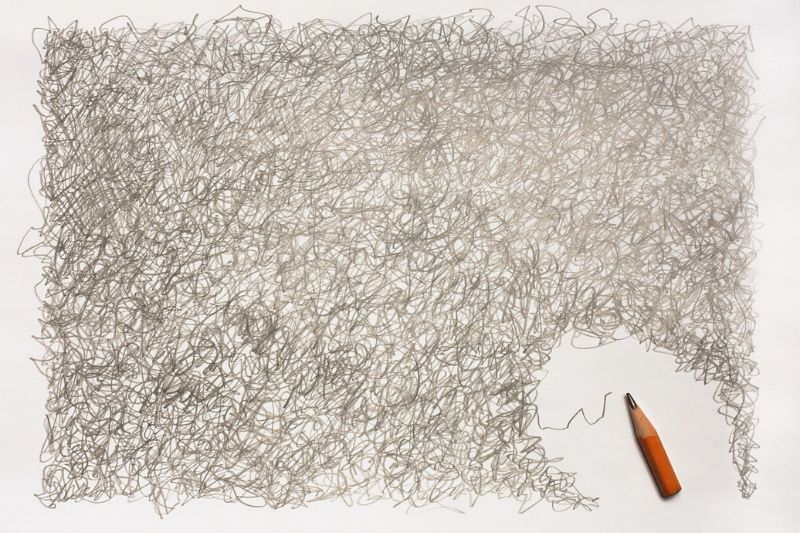
AUSTRALIA
- David Halliday, Michael McVeigh, Laura Kings, Michele Frankeni, Andrew Hamilton, Julian Butler
- 18 December 2024
To close the year for Eureka Street, the editorial team are taking a step back to reflect on the character of 2024. What did it demand of us? What did it teach us about ourselves, and the world we inhabit?
READ MORE
-
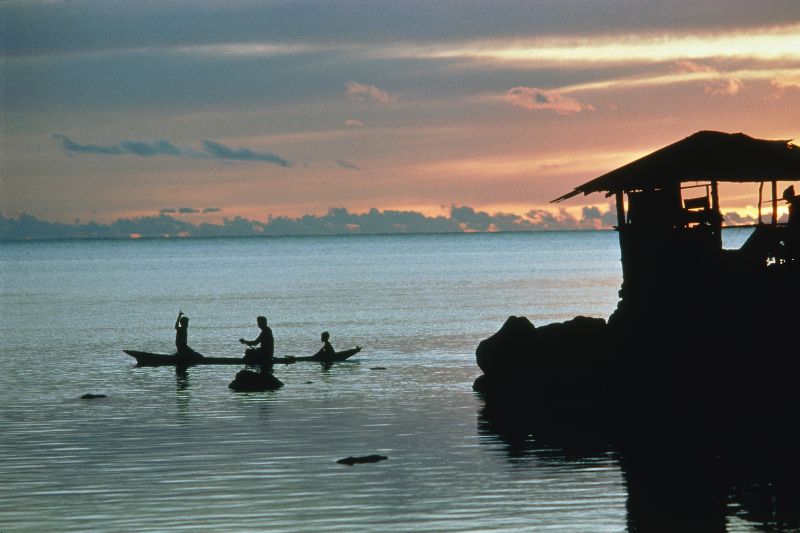
INTERNATIONAL
- Damian Spruce
- 10 December 2024
At COP29, the world’s wealthiest nations promised to confront climate change—but delivered only a fraction of the required funds, leaving developing countries with a trillion-dollar shortfall. As Pope Francis warns of a sick planet, the question remains: Who pays for the climate crisis, and who bears the consequences?
READ MORE
-

AUSTRALIA
- Kevin Bell
- 29 November 2024
2 Comments
With unaffordable housing pushing families into impossible choices, homelessness affecting 120,000 people, and systemic inequities deepening, we must ask: What kind of society do we want to build — and for whom?
READ MORE 
-
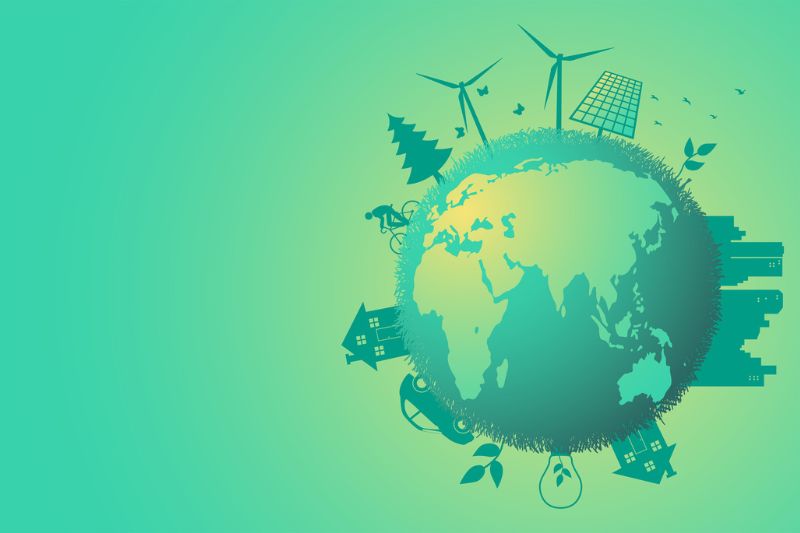
ENVIRONMENT
- David Ness
- 28 November 2024
2 Comments
As the climate crisis deepens, there's an urgent need for a global shift toward fairness, equity, and living well within our planet’s limits. Drawing from Pope Francis’s Laudato Si’, sufficiency thinking offers a critical, overlooked pathway to global equity and sustainability.
READ MORE
-
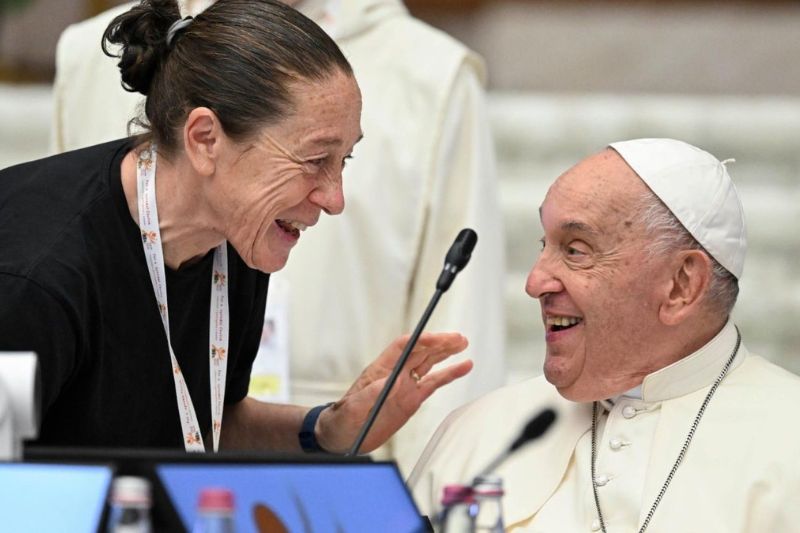
RELIGION
- Bruce Duncan
- 14 November 2024
14 Comments
The Synod is possibly the most important event in the Catholic Church since the Second Vatican Council. And despite its focus on internal Church reform and participation, can it effectively address broader social and moral issues in the world while still promoting a more inclusive and accountable Church?
READ MORE
-

AUSTRALIA
- Andrew Hamilton
- 12 September 2024
3 Comments
Anxieties about democracy around the world today are well-founded. While we rightly celebrate our democratic institutions, it's crucial to acknowledge the vast wealth disparities and the growing influence of powerful corporations.
READ MORE
-
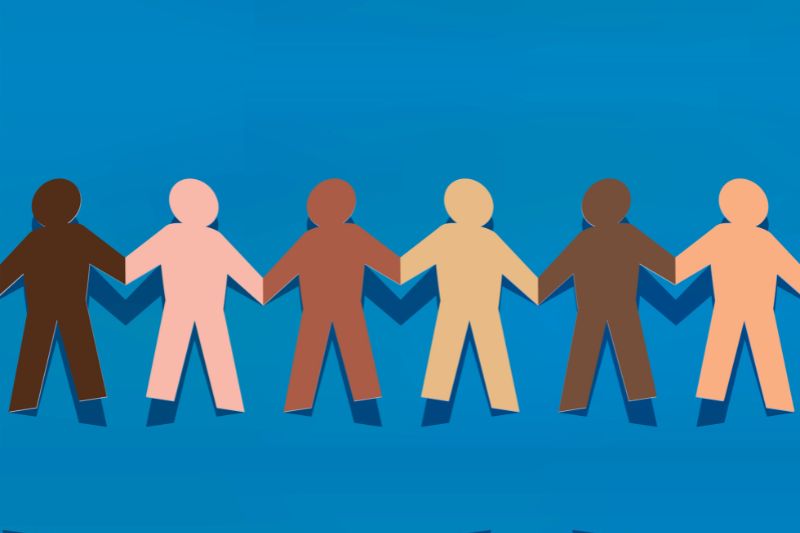
AUSTRALIA
- Joseph Camilleri
- 28 August 2024
3 Comments
As Australia faces numerous moral crises from domestic inequality to global militarization, a proposed national charter of principles could to reshape our society and redefine our global role. This declaration would acknowledge Indigenous dispossession, prioritize human rights, and shift focus from military alliances to human security.
READ MORE
-
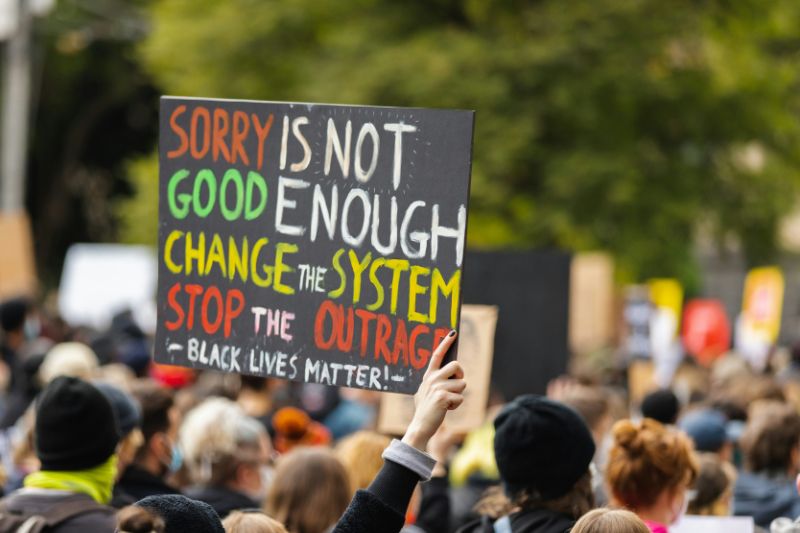
AUSTRALIA
- Andrew Hamilton
- 30 May 2024
4 Comments
This Reconciliation Week and Sorry Day, we consider the defeat of the Referendum and the substantial failure to close the gap between the living conditions of Indigenous Australians and other Australians. It means that for many Aboriginal and Torres Strait Islanders, this week will be less about days of celebration than of grief and of grim resolve to continue to seek justice.
READ MORE
-
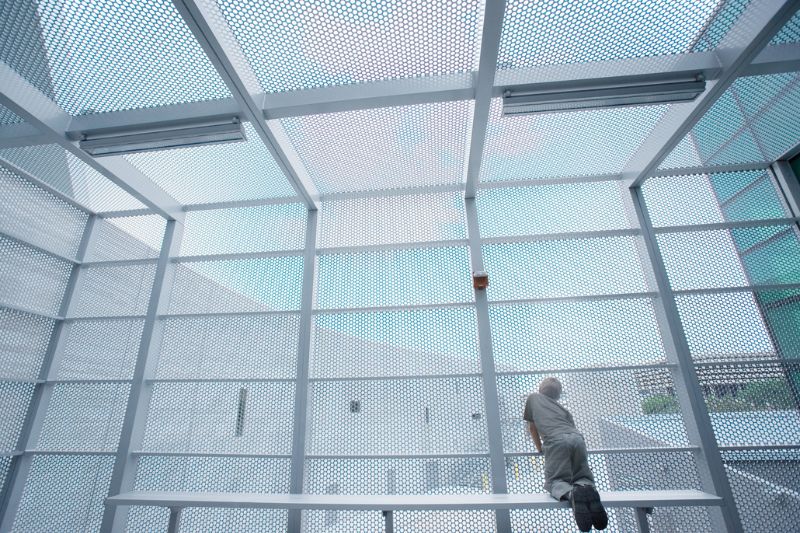
AUSTRALIA
- Andrew Hamilton
- 08 May 2024
3 Comments
With the Queensland Government changing the Youth Justice Act, detention of children will no longer be seen as a last resort, causing widespread dismay among youth justice advocates. It invites reflection on what we should expect when we advocate for a cause, ranging from climate change to perceived injustice, and how we should evaluate our efforts.
READ MORE
-

AUSTRALIA
- Andrew Hamilton
- 27 March 2024
Love is a much-used word, and, like domestic cutlery, it tends to lose its shine. Its boundaries then shrink to the average rather than to the inspiring. For that reason we need stories that stretch the ceiling of love beyond anything we could imagine. Not because we think that we could reach such far places, but because it enlarges the horizon of our lives.
READ MORE
-

AUSTRALIA
- Andrew Hamilton
- 13 March 2024
In the face of developments where the commons are intruded upon for private profit and economic efficiency, we need to treasure such unfashionable concepts as the commonwealth, the common good and the houses of commons – the places for deliberation and decision where what is in the common interest is given priority over the benefit of the few.
READ MORE
-
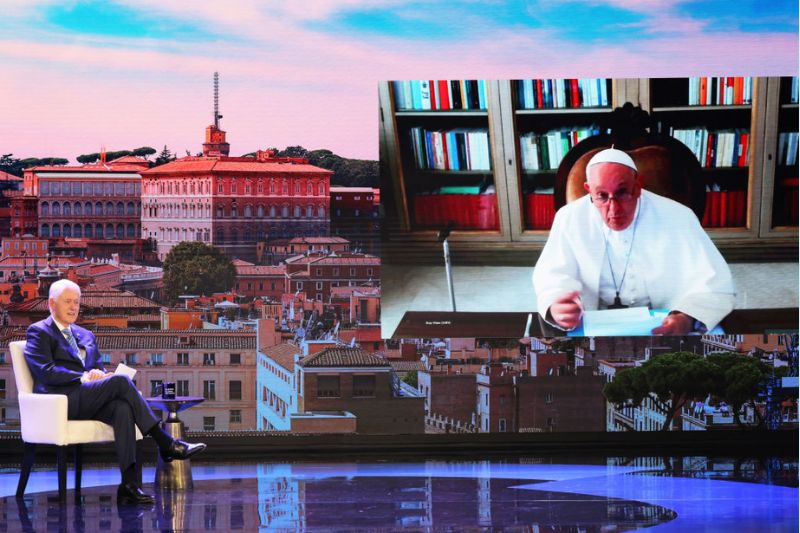
ENVIRONMENT
- Stephen Minas
- 07 February 2024
Recently Pope Francis’ approach is to speak in direct – sometimes blunt – terms about the shortcomings of climate action in recent years, suggesting that we need a system of climate justice that is not built on the backs of the poor.
READ MORE